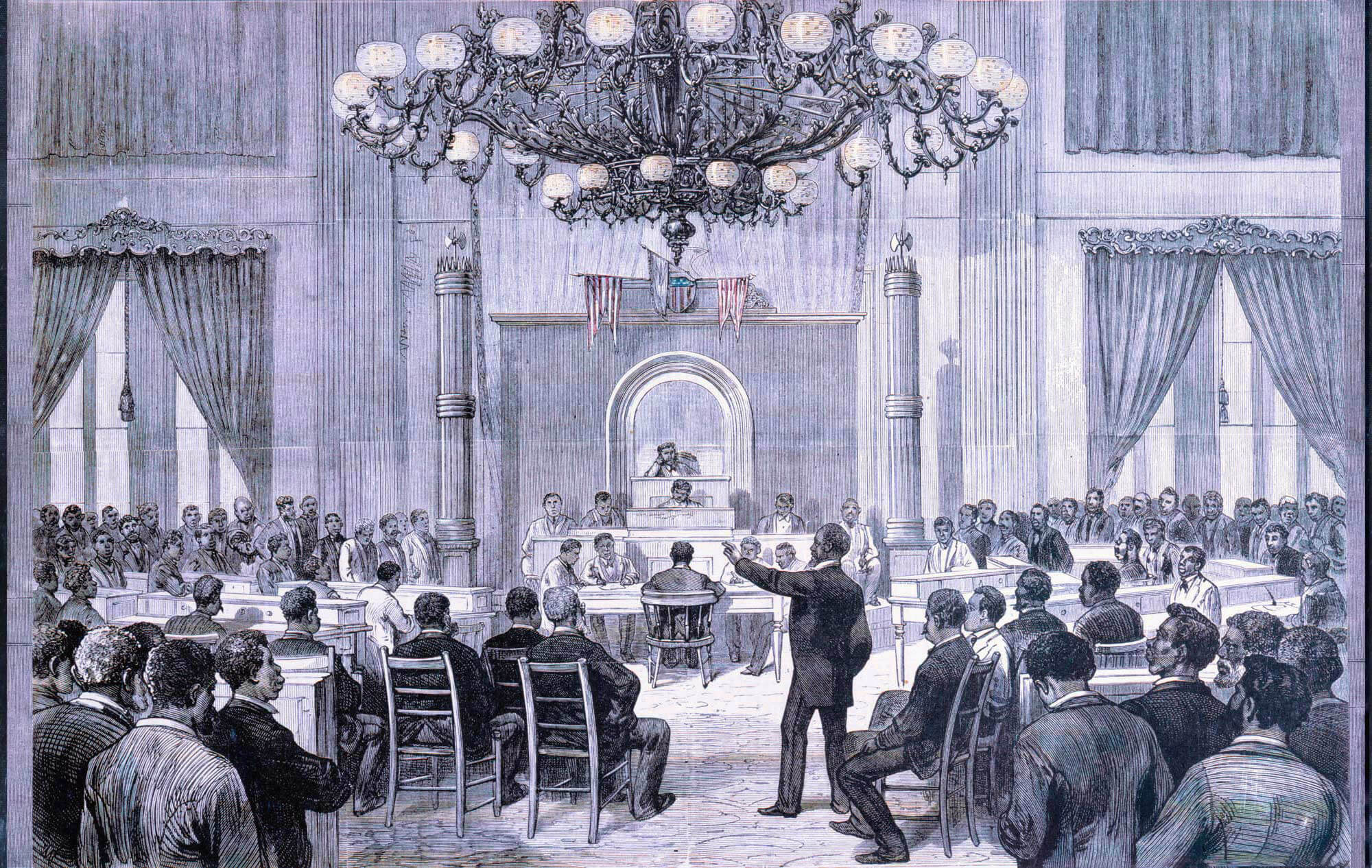Caroline E. Janney has won the $1,000 George and Ann Richards Prize for the best article published in The Journal of the Civil War Era in 2019. The article, “Free to Go Where We Liked: The Army of Northern Virginia after Appomattox,” appeared in the March issue.
Dr. Janney’s essay examines the period immediately following the surrender of the Army of Northern Virginia. It shows that the actions of these soldiers while being disbanded presaged the violent opposition to the social and political changes wrought by emancipation in the postwar South. General Ulysses S. Grant had offered General Robert E. Lee generous surrender terms at Appomattox in the hopes that it would bring a swift end to the war. These terms included allowing the soldiers of the Army of Northern Virginia to return home on parole, rather than being held as prisoners of war. Janney notes that this allowed the soldiers to leave Appomattox in the same way they had left other battlefields throughout the war. Following the surrender, “they moved through the South in units, acting like soldiers and following orders from officers” on their way home. Consequently, the soldiers did not view the surrender as a “definitive conclusion to their experience as Confederate soldiers.”
Continuing to view themselves as soldiers, many of these men refused to accept the new social order that had been created by emancipation and Confederate defeat. They bitterly resented being guarded by, or having to take orders from, United States Colored Troops (USCT), following the surrender. Janney tells the shocking story of soldiers from the Army of Northern Virginia’s Florida Brigade who murdered several USCT soldiers during their journey home. Such violence was an extension of wartime atrocities that Confederate soldiers had committed against the USCT during the war, atrocities for which Confederate soldiers were not punished. She concludes, “the dispersion of paroled Confederate soldiers revealed the ways they might continue to fight the results of emancipation in the most violent of ways” following the war.
In the words of the Richards Prize committee, Janney’s “systematic interpretation of the disbanding of the Army of Northern Virginia reveals at once the dynamism of military history to explain broader social and cultural issues.” The committee particularly praised her for weaving a story that showed how, “On the one hand, General Lee’s men recognized that their bid for national independence had failed; while on the other, they retained essential elements of a martial culture that would be instrumental in opposing what was for many a ‘radical’ post-emancipation political, economic, legal, and social order.” In addition, “her measured nuance helps the reader to understand that ‘surrender’ at Appomattox and general emancipation were not just a ‘finish’ or a ‘start,’ but rather both a panoply of contested beginnings, endings, and turning points in regional, national and racial identities. To that end, Janney encourages readers to center contingency and context when investigating the past.”
Dr. Janney is the John L. Nau III Professor of the American Civil War and Director of the John L. Nau Center for Civil War History at the University of Virginia. She is the author of Burying the Dead but Not the Past: Ladies’ Memorial Associations and the Lost Cause (2008) and Remembering the Civil War: Reunion and the Limits of Reconciliation (2013). She co-edited with Gary W. Gallagher Cold Harbor to the Crater: The End of the Overland Campaign (2015) and edited Petersburg to Appomattox: The End of the War in Virginia (2018). She serves as a co-editor of the University of North Carolina Press’s Civil War America Series and is the past president of the Society of Civil War Historians.
Awarded annually, the Richards Prize celebrates the generosity of George and Ann Richards, who were instrumental in the growth of the Richards Civil War Era Center and in the founding of The Journal of the Civil War Era.
For more information, visit https://www.journalofthecivilwarera.org/.

